13th November, 2023
The healthcare industry plays a pivotal role in the well-being of individuals and communities. From hospitals to clinics, ensuring that healthcare facilities operate smoothly is of utmost importance. However, it’s no secret that the financial aspects of healthcare can be incredibly complex, posing unique challenges that necessitate innovative solutions.
In this blog post, we’ll delve into the financial challenges specific to healthcare institutions and explore how finance automation tools can revolutionize their operations, improving efficiency and ultimately enhancing patient care.
Challenges in Healthcare Finance
- Billing Complexities
Healthcare billing is notorious for its complexity. With insurance claims, multiple service providers, and varying rates for procedures, keeping track of billing and ensuring accuracy can be a daunting task.
- Claims Management
Efficient claims management is crucial for healthcare providers. It involves a slew of processes from submission and tracking to approvals and reimbursements. Any bottlenecks or errors in this chain can lead to financial losses and operational disruptions.
- Expense Tracking
Healthcare facilities, whether large hospitals or small clinics, have a multitude of expenses to manage. From staff salaries and medical supplies to utility bills, tracking these expenses can be an organizational headache.
- Regulatory Compliance
The healthcare industry is heavily regulated, with numerous laws and standards to adhere to. Compliance often involves additional administrative tasks that can strain resources.
Meet finance automation, your prescription for efficiency!
The good news is that finance automation tools have been specifically designed to address these challenges and more. Here’s how they can help streamline healthcare finance:
- Billing Simplified
Finance automation tools can simplify the billing process by automating claim generation and submission. They can also cross-check claims against insurance policies, ensuring accuracy and reducing the likelihood of denied claims.
- Claims Management Made Easy
Automation streamlines claims management. From submission to tracking and follow-ups, these tools can significantly reduce the administrative burden, ultimately leading to faster reimbursements.
- Expense Tracking
Automation tools offer a centralized platform to monitor expenses across the entire organization. This not only reduces the chances of overspending but also simplifies financial reporting and compliance.
- Regulatory Compliance
Keeping up with healthcare regulations can be overwhelming. Automation tools can help healthcare facilities stay compliant by providing features for tracking and reporting on relevant data, making it easier to adhere to industry regulations.
One often overlooked aspect of efficient healthcare finance is how it can lead to improved patient care. When administrative processes run smoothly, healthcare providers can focus more on what they do best – taking care of patients. Automated finance processes reduce the risk of financial errors, ensuring that patients are billed correctly and insurance claims are processed efficiently. This, in turn, enhances patient satisfaction.
In conclusion, healthcare institutions face unique financial challenges that demand innovative solutions. Finance automation tools offer a promising way to streamline processes such as billing, claims management, and expense tracking. By simplifying administrative tasks and reducing the risk of financial errors, these tools enable healthcare providers to allocate more time and resources to what truly matters – patient care. As the healthcare industry continues to evolve, embracing finance automation can be a prescription for greater efficiency and success.
